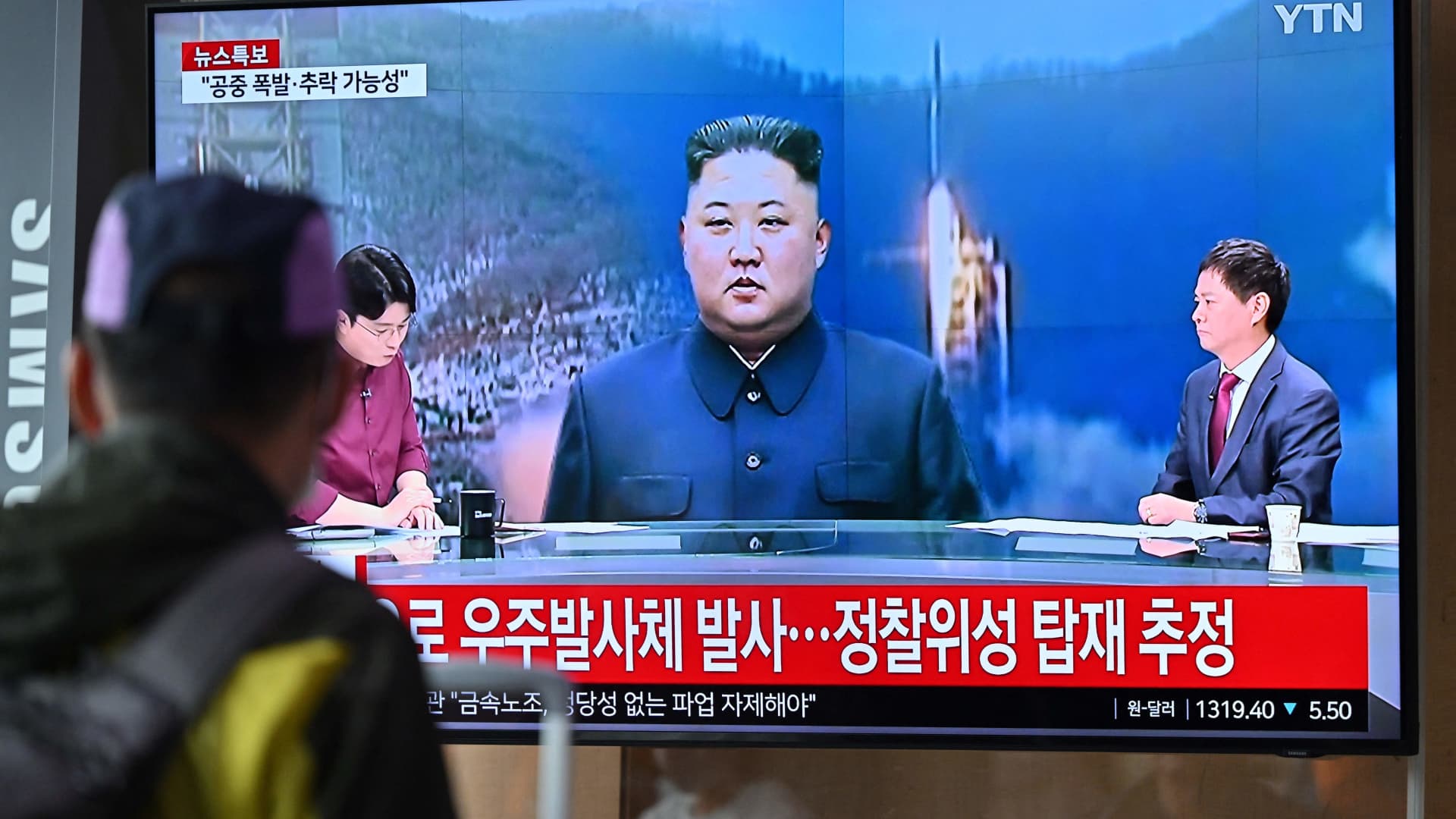North Korean Launch of First Spy Satellite Reportedly Results in Failure, Crashing into Sea

The failed launch of a North Korean military spy satellite on Wednesday was a major blow to the country’s ballistic missile program. The botched attempt serves as yet another reminder of the limitations to North Korea’s capabilities and shows us the need for greater international cooperation in managing the threat of weapons of mass destruction.
Firstly, it is clear that North Korea lacks the technological sophistication and access to reliable fuel needed to successfully launch missiles. This is evidenced by their reliance on new-type engine systems and potentially unstable fuel sources for the carrier rocket. This lack of knowledge and resources has been demonstrated in multiple instances, such as the failure of two nuclear tests in 2017 and a subsequent suspension of long range missile testing in 2018.
Secondly, it is likely that the failed launch exposed North Korea to additional international scrutiny. As the country pursues more advanced military capabilities, they risk derailing negotiations and inciting further sanctions from other nations. This could create significant economic and political ramifications for North Korea, particularly given their reliance on foreign aid and the fragile diplomatic relations it has with its neighbours.
Finally, it is important to note that although North Korea’s failed launch serves as a warning to the world, it does not necessarily signify an abandonment of their goals. Rather, it calls for increased attention from the international community in order to both ensure that there is no further advancement in their weaponry and limit the chances of misused information.
In conclusion, North Korea’s failed launch of a military spy satellite demonstrates the need for greater international cooperation in managing the threat of weapons of mass destruction. It also serves as a reminder of North Korea’s lack of technological sophistication and unreliable fuel sources. Therefore, it is important for governments around the world to remain vigilant and work together to ensure that North Korea does not succeed in developing the capacities needed for launching successful attacks.